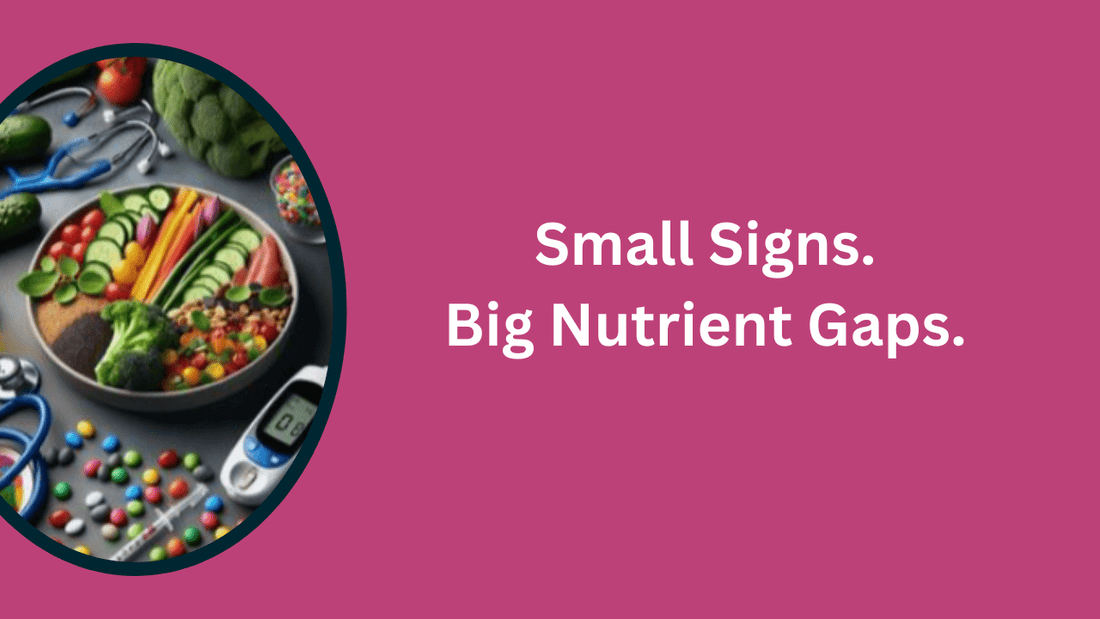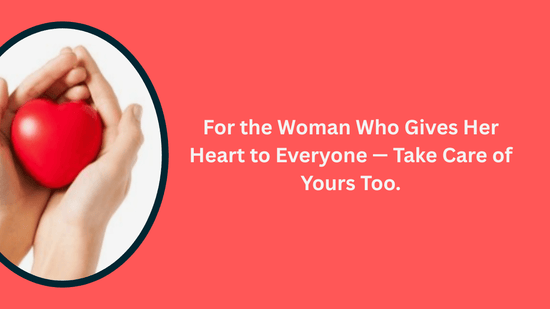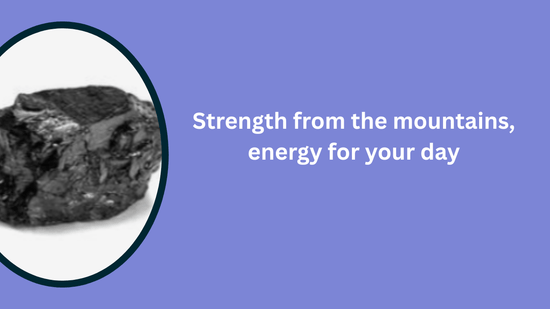Nutrients are the fuel your body runs on. From energy and growth to brain function and immunity—vitamins, minerals, and other micronutrients play an irreplaceable role in daily health. But here’s the challenge: many of us are not getting enough of them. Modern diets, busy lifestyles, and processed foods often leave hidden nutrient gaps that slowly affect the body.
The human body is smart—it sends signals when something is missing. Unfortunately, these signals are often subtle and easily ignored until they turn into bigger health concerns. Recognizing the early signs of nutrient deficiencies can help you make quick adjustments to your diet, lifestyle, or supplementation.
In this article, we’ll explore 8 key signs your body may be deficient in essential nutrients, what they mean, and how you can address them.
1. Constant Tiredness or Low Energy

Feeling drained even after a full night’s sleep? Persistent fatigue is one of the most common nutrient deficiency symptoms. It can be caused by:
-
Iron deficiency (Anemia): Iron helps transport oxygen to cells. Without it, you feel sluggish and weak.
-
Vitamin B12 deficiency: Vital for red blood cell formation and energy metabolism. Low levels lead to fatigue and sometimes tingling sensations in hands and feet.
-
Magnesium deficiency: Affects muscle function and energy production, often linked to stress and poor sleep.
What to do: Add iron-rich foods like spinach, beans, red meat, or fortified cereals. Include B12 sources such as eggs, dairy, fish, or supplements (especially important for vegetarians/vegans). Nuts, seeds, and dark chocolate are great for magnesium.
2. Hair Loss and Brittle Nails

When hair starts thinning or nails break too easily, your body might be lacking key nutrients.
-
Biotin (Vitamin B7): Essential for keratin production, which strengthens hair and nails.
-
Zinc: Plays a role in tissue growth and repair. Deficiency leads to hair shedding, poor wound healing, and weak immunity.
-
Protein deficiency: Hair is made of protein. Without enough protein in the diet, hair growth slows down.
What to do: Include eggs, nuts, lentils, beans, seafood, and lean meats. For vegans, biotin-rich foods like peanuts, sunflower seeds, and mushrooms help.
3. Feeling Cold All the Time

If your hands and feet are always freezing, nutrient deficiency could be at play.
-
Iron deficiency: Reduces oxygen supply to tissues, leaving you cold.
-
Iodine deficiency: Affects thyroid function, slowing metabolism and making you feel cold, tired, and sluggish.
What to do: Boost iron intake with green leafy vegetables, legumes, and meat. Add iodine through iodized salt, dairy, and seafood.
4. Muscle Cramps and Twitching

Frequent leg cramps, eyelid twitches, or muscle spasms are often related to:
-
Magnesium deficiency: Impairs muscle relaxation.
-
Calcium deficiency: Essential for muscle contractions.
-
Potassium deficiency: Regulates fluid balance and nerve signals.
What to do: Eat bananas, avocados, sweet potatoes, leafy greens, and yogurt. A magnesium-rich bedtime snack like almonds may also reduce cramps.
5. Brain Fog and Poor Concentration

Do you forget things often, struggle to focus, or feel mentally cloudy? This “brain fog” may signal missing nutrients.
-
Omega-3 fatty acids: Crucial for brain health, memory, and learning.
-
Vitamin B12 deficiency: Affects nerve health and concentration.
-
Vitamin D deficiency: Impacts mood and cognitive function.
-
Choline deficiency: Plays a role in memory and learning.
What to do: Include fatty fish (salmon, mackerel), walnuts, flaxseeds, eggs, and fortified dairy or plant-based milk. If vegan, consider an algae-based omega-3 supplement.
6. Easy Bruising and Bleeding Gums

Notice unexplained bruises or gums that bleed when brushing? These may be signs of:
-
Vitamin C deficiency: Weakens collagen, leading to fragile blood vessels, gum bleeding, and slow wound healing.
-
Vitamin K deficiency: Impairs blood clotting, causing bruises to appear easily.
What to do: Add citrus fruits, kiwi, bell peppers, strawberries, and broccoli for vitamin C. Leafy greens like kale, spinach, and Brussels sprouts are rich in vitamin K.
7. Cracked Corners of the Mouth (Angular Cheilitis)

Painful cracks or sores at the edges of your mouth often point to:
-
Iron deficiency
-
Vitamin B2 (Riboflavin)
-
Vitamin B6 (Pyridoxine)
What to do: Add eggs, dairy, chicken, salmon, almonds, and fortified cereals.
8. Unusual Cravings or Loss of Appetite

Strange cravings—like chewing ice or craving dirt—can signal iron or zinc deficiency. On the other hand, loss of appetite is sometimes linked to low zinc, which regulates taste and smell.
What to do: Add pumpkin seeds, beans, shellfish, and whole grains for zinc. Iron-rich foods also help balance cravings.
Why Nutrient Deficiencies Are Common Today
Even with easy access to food, micronutrient deficiencies are widespread. Reasons include:
-
Overconsumption of processed foods low in nutrients.
-
Soil depletion reducing mineral content in produce.
-
Busy lifestyles leading to skipped meals and unbalanced diets.
-
Certain medications (like antacids or metformin) that block nutrient absorption.
-
Age-related decline in nutrient absorption.
How to Prevent Nutrient Deficiencies
Preventing deficiencies isn’t just about supplements—it’s about balanced living.
-
Eat whole foods: Fresh fruits, vegetables, whole grains, nuts, and lean proteins.
-
Diversify your plate: The more colors you eat, the broader range of nutrients you get.
-
Mind gut health: A healthy gut absorbs nutrients better. Add probiotics (yogurt, kefir, fermented foods).
-
Stay hydrated: Dehydration affects digestion and absorption.
-
Check regularly: Annual health checkups and blood tests can catch deficiencies early.
- Add supplements: When diet alone isn’t enough, the right supplements can fill nutritional gaps and support overall wellness.
FAQs on Nutrient Deficiency
1. What is the most common nutrient deficiency worldwide?
Iron deficiency is the most common, affecting nearly 1 in 4 people globally.
2. Can nutrient deficiency cause anxiety and depression?
Yes. Low levels of Vitamin D, B12, folate, magnesium, and omega-3s are linked to mood disorders.
3. How do I know if I need supplements?
If dietary changes don’t resolve symptoms or if you have a restricted diet (vegan, elderly, medical conditions), consult a doctor before starting supplements.
4. Are kids also at risk of nutrient deficiencies?
Yes. Children need adequate iron, vitamin D, calcium, and zinc for growth. Picky eating often worsens deficiencies in kids.
5. Can nutrient deficiencies be reversed?
Yes. Most deficiencies can be corrected within weeks to months with the right diet and supplements.
Final Thoughts
Your body is always communicating—it’s up to you to listen. From tiredness and muscle cramps to brain fog and brittle nails, nutrient deficiency signs may look small but have big consequences if ignored.
The good news? With awareness, balanced nutrition, and professional guidance, you can restore optimal nutrient levels and feel energized, focused, and healthy again.
Remember: Pay attention to the whispers of your body before they become louder cries for help.





